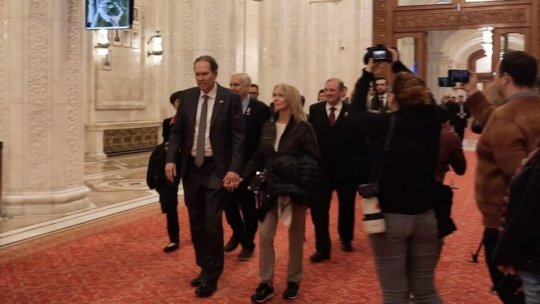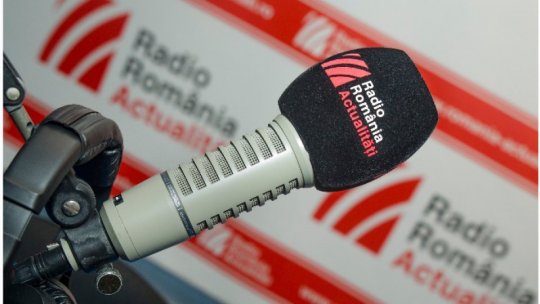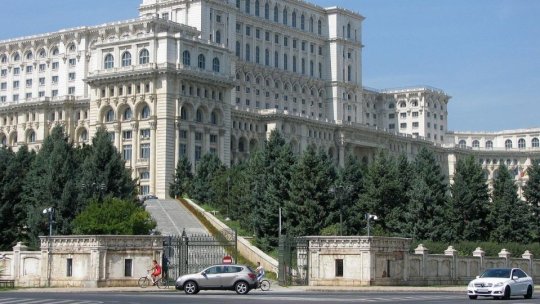Financial Press Review, December 6
Articles from Ziarul Financiar, Capital, Săptămâna Financiară, Curierul Naţional and Bursa.

Articol de Florin Lepădatu, 06 Decembrie 2010, 17:58
Even though firms have nicely polished their shoes and placed them at their headquarters’ front door, this year Saint Nicholas wouldn’t fill them up with as many presents, the recession has affected almost all domains.
From the daily Ziarul Financiar we find out the Ministry of Transports presented a detailed map of motorways finished, under construction or planned for the next period, and promised another 243 km of motorway by the end of 2012.
But these are chunks of motorway, in other words, not even in two years will Romania have a motorway that would cross it entirely from the East to the West, or from the North to the South.
The same daily reads that after two years of crisis and swings between denying the impact and a general economic pessimism, the changes in the bank top are starting to reflect even clearer the differences in robustness and viability of business models, of long-term strategies on the local market and the efficiency of risk management.
The image is even more relevant if we take a look at the profits and losses recorded by the Romanian standards of bookkeeping: banks that were very aggressive before the meltdown set in, such as Volksbank, or that had swinging strategies, such as Bancpost, are now the most affected.
The Romanian Commercial Bank (BCR), the market leader judging by assets, is considerably ahead of BRD, the runner-up, but its profit has been seriously hit by the recession.
From the daily Capital we learn that the fall in real estate prices has led to smaller sums insured on optional mortgages.
The Săptămâna Financiară prints that the IT, internet, agriculture and green energy are the most attractive for experienced businessmen.
The Curierul Naţional prints that banks have started including in their portfolio, together with classic credits, loans for refinancing older credits.
With these, clients have some advantages: increasing the value of the older credit, combining more credits into a single, more convenient one, decreasing the monthly payment by either choosing a lower interest rate, a longer redeem period or another currency.
The Bursa warns that the sole European currency is protecting against, and not causing the financial meltdown, and in times of market turmoil, politicians need to be wise, according to European Commission President Manuel Barroso.
On the other hand, he mentioned the economic expansion of the EU is still fragile, but there will be growth this year.
Translated by Gabriela Lungu
MA Student, MTTLC, Bucharest University









